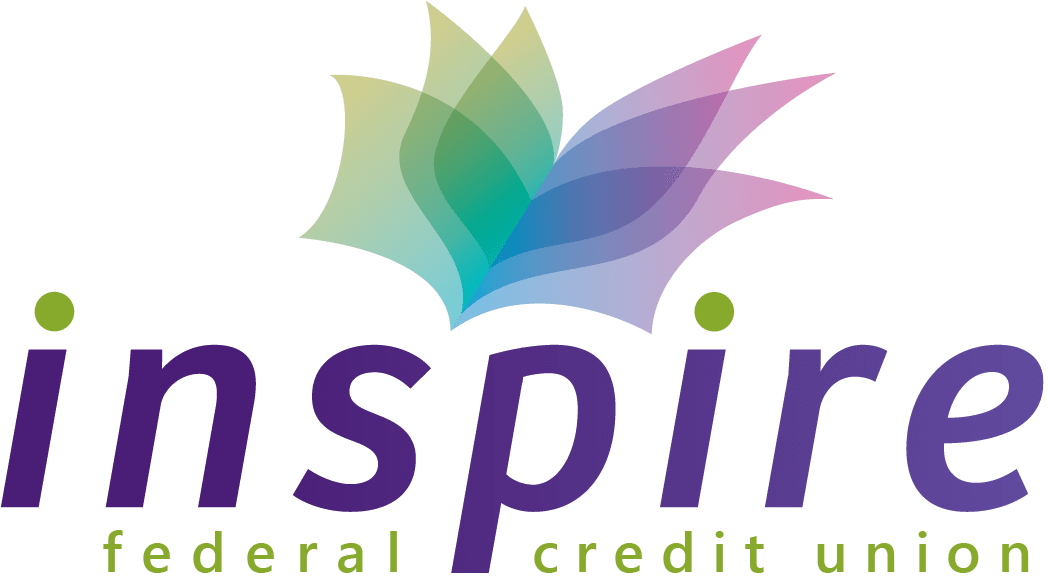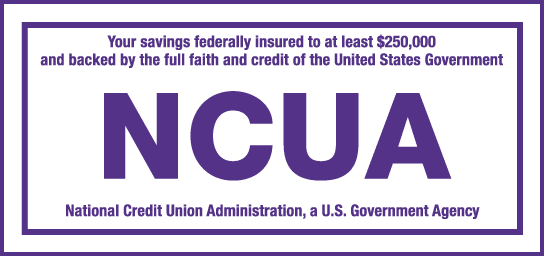More and more Americans are living paycheck to paycheck year-over-year. A recent survey published on CNBC showed 65% of respondents reported struggling to make ends meet compared to 58% in 2023. Understandably, this also means more people are turning to lenders to supplement their income during particularly strenuous times. But not all loans, and certainly not all lenders, are the same.
Since we’re discussing the issue of income – or rather the lack thereof – let’s examine the two loans you’ll most likely consider when funds are short: payday loans and personal loans. Now, payday loans and personal loans are similar to squares and rectangles, in that all payday loans are (arguably) a type of personal loan, but not the other way around.
- Payday loans are short-term loans, typically due on your next payday (hence the name). As a result, the term is usually two weeks to a month. Many payday loans don’t require a credit check and instead require proof of income and a checking account.
- Since it’s meant to supplement your income and not much else, payday loans tend to be smaller amounts. Most range from $100–$1,000 depending on several factors.
Payday loans are repaid in one lump sum including the principal, accrued interest, and associated fees, on the borrower’s next payday. Many lenders may extend your loan to your next payday by paying just the interest and any fees.
- With such short terms and each payment being 100% or more, payday loans often carry significantly higher interest rates, which often leads to an endless cycle of debt.
- Personal loans, on the other hand, are installment loans offering fixed repayment terms that range from a couple of months to multiple years.
Depending on the lender and the borrower’s creditworthiness, personal loans can be for larger amounts, from a few hundred to tens of thousands of dollars. Monthly payments occur throughout the life (or term) of the loan.
Since the amount borrowed can be significantly higher and the term much longer, lenders will require a credit check, proof of income, and occasionally collateral for a personal loan.
Interest rates on personal loans are typically lower than payday loans—especially if the borrower has good credit. The interest rate can be fixed or variable, again depending on many factors, which means the monthly amount can change, but notice will be provided ahead of time.
So how do you know which one is right for your situation? Well, it depends, but most of the time with very few exceptions a personal loan is better than a payday loan.
Payday loans are predatory by design. They offer a quick, seemingly painless solution to an immediate problem, the truth is you run an incredible risk of becoming stuck in a cycle of perpetually borrowing and repaying with no end in sight. And, while payday loans don’t always require a credit check, they can still cause immense damage to your credit score.
Personal loans, however, have an end in mind. It may be years out, but every payment brings the end closer. Additionally, since the length of credit history is one of the most important parts of a credit score, repaying a personal loan over several years will actively improve your credit score. While it’s not ideal, personal loans can be refinanced if repayment becomes difficult. If you reach the end of the term and still need to borrow, you can always apply for another loan—hopefully at a better rate or lower payment since your credit history will be well established now.
Ultimately, it’s your decision, and we can’t tell you which is definitively better for you without knowing your situation. So, before you apply for a personal loan or take out a payday loan, contact an Inspire Federal Credit Union rep to discuss your situation and review your options. Even if we don’t have the loan that best fits your situation, we’re more than happy to examine what’s out there because the last thing we ever want is for our members to be taken advantage of.
Please, reach out to us if you have a payday loan or personal loan that has you feeling trapped. As an Inspire member, we want to help you break free from the cycle of debt and to see you thrive.






